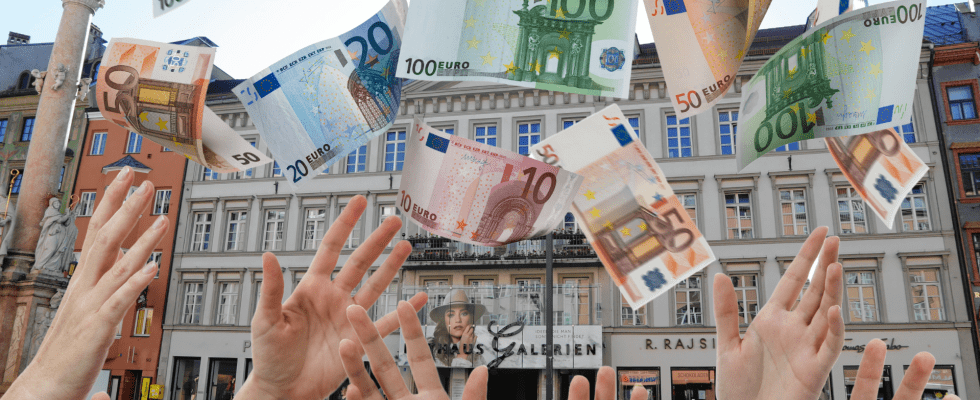About a year until the mayor and local council elections in Innsbruck: If the 40 mandataries lose their enthusiasm for work, you can read here why that would not be such a good idea – at least from their point of view.
An exploded four-party coalition, deputy mayors and new elections, disastrous control office reports and, last but not least, a personnel policy by Mayor Georg Willi that is a case for the court: this six-year municipal council period in Innsbruck is a tough one – and quite a few are happy about it be that it will be over in a year. But you have to work until then. It would theoretically be possible to bring the election forward to early summer or autumn, but the city would then have to be placed under state administration for months, with unforeseeable consequences for the economy. Incidentally, this also applies if Mayor Willi resigns prematurely: The municipal council then elects one of his or her ranks to be the mayor, who will be in charge of affairs until the election. “Political circus” costs millions, whether you see Innsbruck’s city politics as an annoying bickering or as something special living democracy – fact is: The “political circus” costs millions. In addition, Innsbruck affords the luxury of “non-executive city councillors” – expensive walkers who are not allowed to work even if they wanted to, like the current Vice-BM Markus Lassenberger and StR Rudi Federspiel from the Blues. You have no departmental management. As can be seen from the following graphic, the seven-member city senate alone (two green, two blue, one each VP, for Innsbruck and SP) costs around 60,000 euros per month. Will the city senate be enlarged? Theoretically, the city senate could Election to be enlarged to 9 seats. What might be necessary to form a stable government. Here the factions will have to show their true colors as to what is acceptable and what is not. The same applies to the long-overdue abolition of non-executive city councillors.More transparency demandedIn addition to the consistently high salaries – which, by the way, are only sometimes far exceeded by the heads of the city’s subsidiary companies – there are also campaign advertising costs, general party funding and reimbursement of personnel costs for the eleven factions represented in the municipal council. Since the beginning of the municipal council period in 2018, this has totaled more than five million euros – “without it being particularly clear to the citizens what these funds are being used for,” criticized Greens club boss Dejan Lukovic several times. Together with the Neos, he recently submitted two audit applications to the municipal council, according to which the control office should have access to party finances. “We demand transparency and careful use of tax money,” he emphasizes.
source site-12
